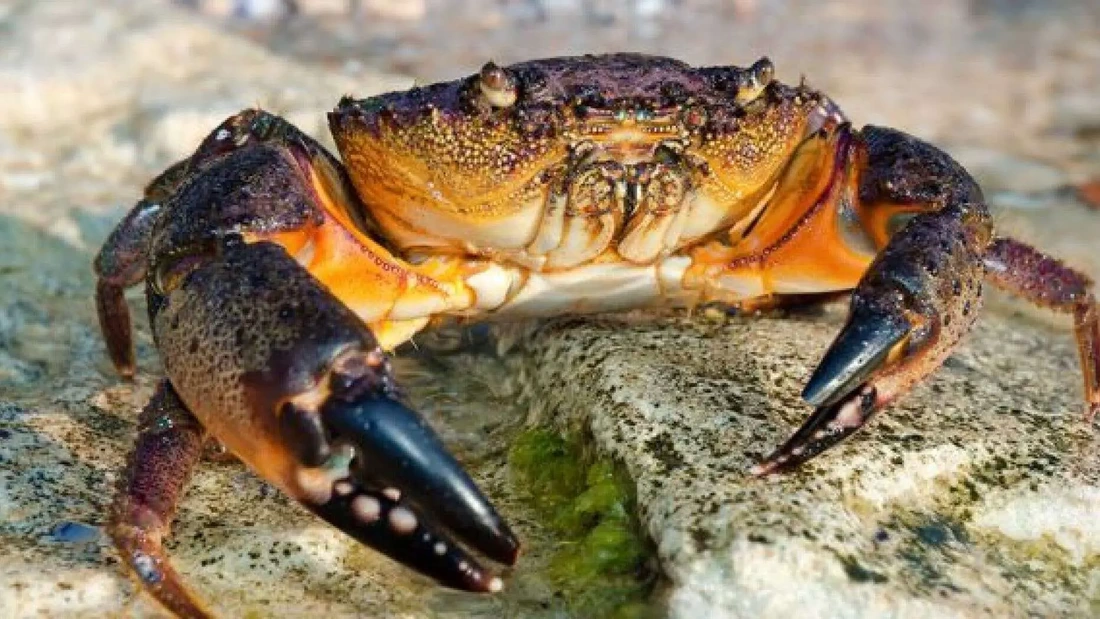|
Do You Eat Fish? You Could be Eating Plastic By Pierre Mouchette | Bits-n-Pieces The global appetite for fish is causing a significant strain on marine ecosystems, but this is not where the effects of consuming fish end. We are taking large quantities of fish from the ocean and constantly dumping plastic, trash, and other pollutants into those waters. While it may seem that we can continue to dump waste into the ocean without any consequences, it now appears to be what we put in; we are getting out, all wrapped in the package of the fish we consume. Mercury contamination in fish meat is one of the concerns, but consuming plastic particles is a growing issue. The strangest part of this plastic plague is that the plastic is coming from our clothing. Microfibers in the Ocean? The world’s oceans are filled with tiny plastic microfibers from our clothing. The majority of the clothing worn today is composed of synthetic material. Highly flexible plastic fibers that are cheap to produce and require minimal maintenance.
Fish and Fibers
Plastic fibers do not biodegrade and become persistent environmental pollutants. When fish consume plastics, it builds up inside their GI tracts and causes physical harm to the fish. The plastic also leaches chemical contaminants into the fish and their environment. Microfibers can contain endocrine disruptors, neurotoxins, and potential carcinogens. The fibers can absorb heavy metals, PCBs, fossil fuel compounds, and PBDEs, the harmful compounds in flame retardants. Plastics also act as pollution sponges, transferring toxic chemicals from the marine environment to the fish that consume them. All of which get passed up the food chain, ending on our plates as food. Solutions? If you do not want to consume plastic with your seafood, eliminating fish would be a logical move. Although not a feasible solution, it does provide a valuable lesson about the karmic cycle of pollution. When we continually put pollution into our environment, it will inevitably return to us. The best way to prevent this is to stop the pollution at the source. Be aware of the materials your clothing is made of, and always look for natural fibers such as linen and organic cotton.
0 Comments
Your comment will be posted after it is approved.
Leave a Reply. |
Archives
May 2024
|

